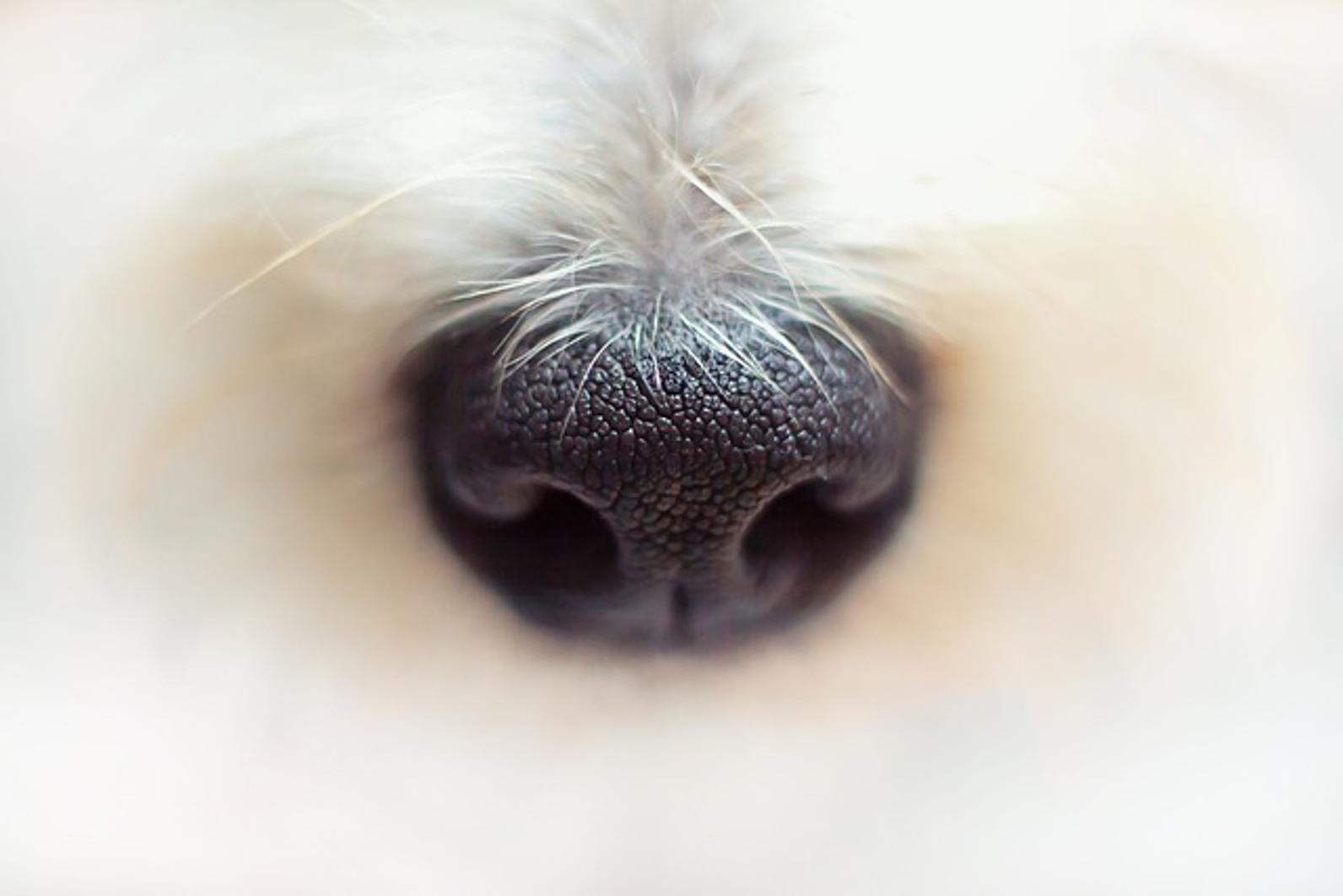Introduction
That dreaded moment when you realize your nose stud fell out can be quite alarming. It’s crucial to know how to handle such situations effectively to ensure your piercing remains open and healthy. This guide walks you through the necessary steps to take immediately after your nose stud falls out, as well as cleaning and maintenance tips, when to seek professional help, and long-term care strategies.

Immediate Steps to Take
Acting swiftly is key when your nose stud falls out. The first thing you should do is remain calm and avoid panicking. Here are the immediate steps you need to follow:
- Locate the Stud: Check the area around you to locate the fallen nose stud. If found, place it in a clean, safe place until you can properly clean it.
- Clean the Area: Gently clean the piercing site with a saline solution or antibacterial soap to reduce the chance of infection. Avoid using harsh alcohol-based cleaners.
- Insert a Temporary Stud: If you have a spare nose stud or retainer, use it to keep the piercing open. Ensure it’s clean before insertion.
- Avoid Touching: Try to keep your hands off the piercing to prevent introducing bacteria. If you need to touch it, make sure your hands are thoroughly washed.
These immediate steps help stabilize the situation, but it’s just the beginning. The next crucial measure is ensuring the piercing does not close prematurely.

How to Prevent the Piercing from Closing
A piercing can close quite quickly if left without a stud. To prevent this from happening, follow these tips:
- Insert a Nose Ring or Retainer: If you can’t find the original stud, opt for a nose ring or retainer that you’ve pre-cleaned. This will ensure the hole remains open until you can get a replacement.
- Use Caution When Sleeping: Side sleepers should be especially cautious. Place a band-aid over the piercing to prevent it from closing and to avoid irritation from bed linens.
- Stay Hydrated: Proper hydration promotes skin health and can help your body maintain the piercing without it closing.
- Avoid Makeup and Skincare Products: These can clog the piercing hole and promote closure or infection.
Maintaining the piercing hole open is essential, but cleanliness is equally important to prevent any complications. Let’s delve into the best practices for cleaning and maintenance.
Cleaning and Maintenance Tips
Keeping your piercing clean is essential for its longevity and health. Here are some tips to ensure you’re taking the right care:
- Regular Cleaning: Clean the piercing site at least twice a day using a saline solution or a piercing aftercare spray. This helps to keep the area free from bacteria.
- Avoid Over-Cleaning: Too much cleaning can also irritate the skin and slow down the healing process. Stick to a balanced cleaning routine.
- Avoid Using Harsh Chemicals: Stick to saline solutions and avoid hydrogen peroxide or alcohol-based cleaners.
- Rotate the Stud Lightly: If the piercing is fully healed, lightly rotate the stud during cleaning to ensure it doesn’t stick to the skin. However, avoid this in the early stages of healing.
Through diligent cleaning and proper maintenance, you can ensure your piercing remains healthy. However, there are instances where professional intervention becomes necessary.
When to Seek Professional Help
Sometimes, despite your best efforts, issues arise that require professional attention. Here’s when to consult a professional:
- Severe Pain or Swelling: If you experience unusual pain, swelling, or redness, it could be a sign of infection that needs professional care.
- Piercing Closure: If the piercing has partially closed, do not attempt to force a stud through. Get professional advice on how to proceed.
- Persistent Irritation: If irritation persists despite proper care, a professional piercer can recommend a suitable course of action or alternative jewelry.
- Visible Infection: Pus or unusual discharge is a clear sign that you need professional help immediately.
Knowing when to seek help is crucial for maintaining the health of your piercing. In addition to immediate care, long-term strategies are also essential to keep your piercing in good condition over time.

Long-Term Care and Maintenance
Once the initial crisis is over, focusing on long-term care will ensure the longevity of your piercing. Here are some tips for long-term maintenance:
- Use High-Quality Jewelry: Invest in high-quality metal like surgical steel or titanium to avoid allergic reactions and other complications.
- Avoid Frequent Changes: Constantly changing your nose stud can irritate the piercing. Only change it when necessary.
- Regular Cleaning Routine: Even after the piercing has healed, maintain a regular but balanced cleaning routine to keep it free from bacteria.
- Check for Signs of Wear: Regularly inspect your nose stud and replace it if signs of wear and tear appear.
By keeping a consistent care routine, you can ensure your nose piercing remains healthy and attractive for years to come. Summing up, taking prompt immediate steps, maintaining cleanliness, knowing when to seek professional help, and following a long-term care routine will go a long way in ensuring your piercing remains in excellent condition.
Conclusion
Losing your nose stud can be a distressing experience, but with the right steps and care, you can manage the situation effectively. Acting promptly, maintaining cleanliness, seeking professional help when necessary, and following a disciplined long-term care routine will help ensure your nose piercing remains open and healthy.
Frequently Asked Questions
How long can a nose stud be out before the hole closes?
Generally, a fresh piercing can start to close within hours, while a well-healed one can stay open for a couple of days. However, to be safe, always insert a temporary stud as soon as possible.
What should I do if my nose piercing closes?
If your piercing closes, do not attempt to reinsert the stud forcefully. Consult a professional piercer to assess the situation and decide whether it can be reopened or requires re-piercing.
Can I re-pierce my nose at home if it closes?
It is strongly advised against re-piercing your nose at home. This can lead to infection and other complications. Always seek professional help for piercing.
